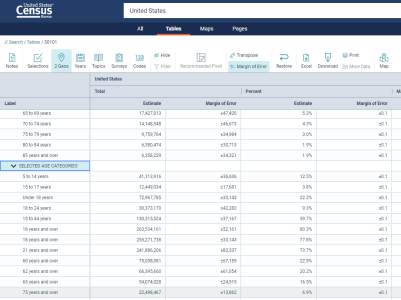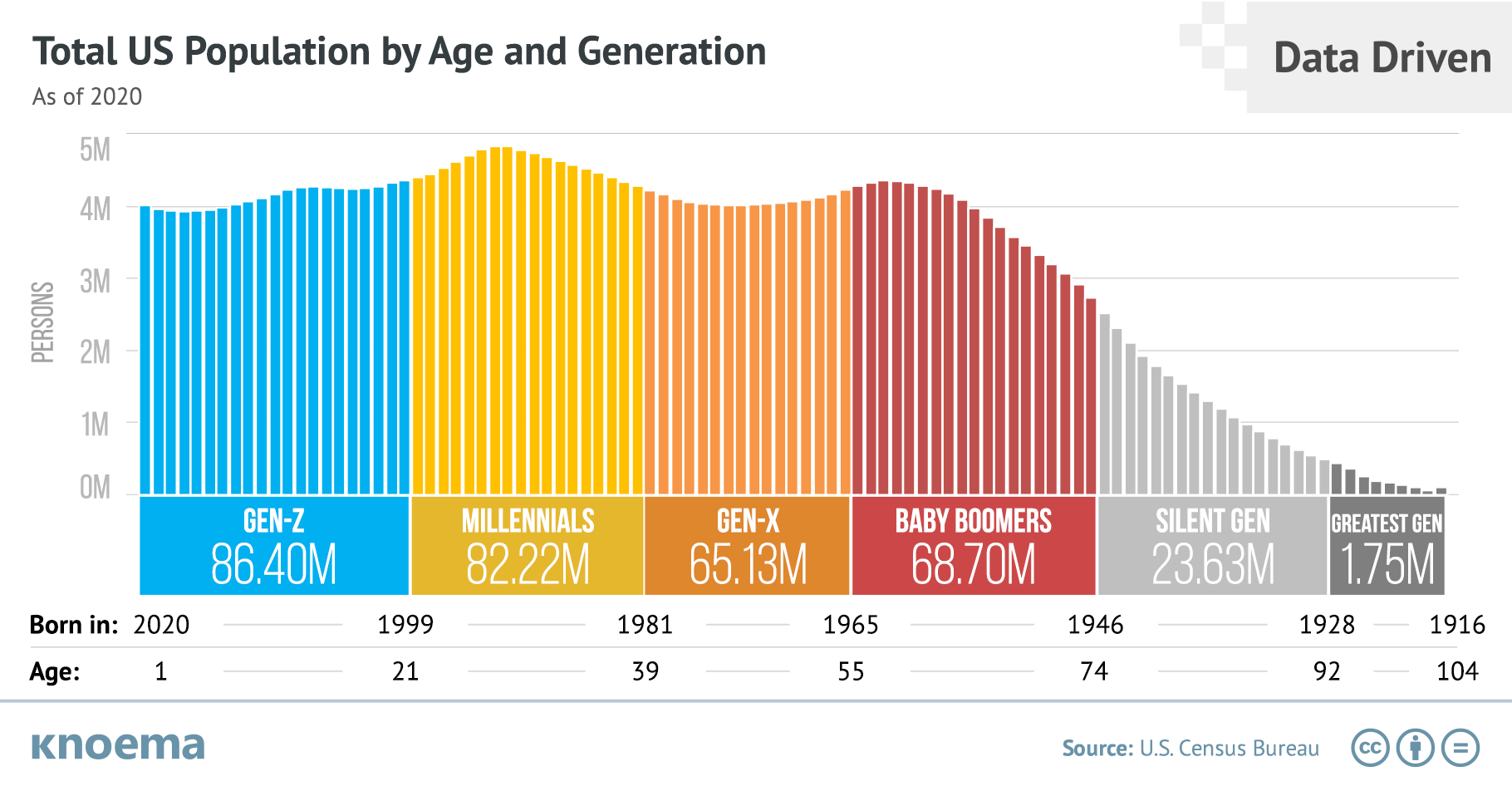It's people over 70 and radio should be aware.
"Demographic pop quiz: What’s the fastest growing population segment in the U.S.? Answer: 70+. Now 40 million strong, this generation that came of age in the post-World World II era of economic expansion is projected to reach 55 million by 2031—growing by 1.5 million annually."

 www.insideradio.com
www.insideradio.com
"Demographic pop quiz: What’s the fastest growing population segment in the U.S.? Answer: 70+. Now 40 million strong, this generation that came of age in the post-World World II era of economic expansion is projected to reach 55 million by 2031—growing by 1.5 million annually."

Meet America’s Fastest Growing, Wealthiest Population Segment.
Demographic pop quiz: What’s the fastest growing population segment in the U.S.? Answer: 70+. Now 40 million strong, this generation that came of age in the post-World World II era



